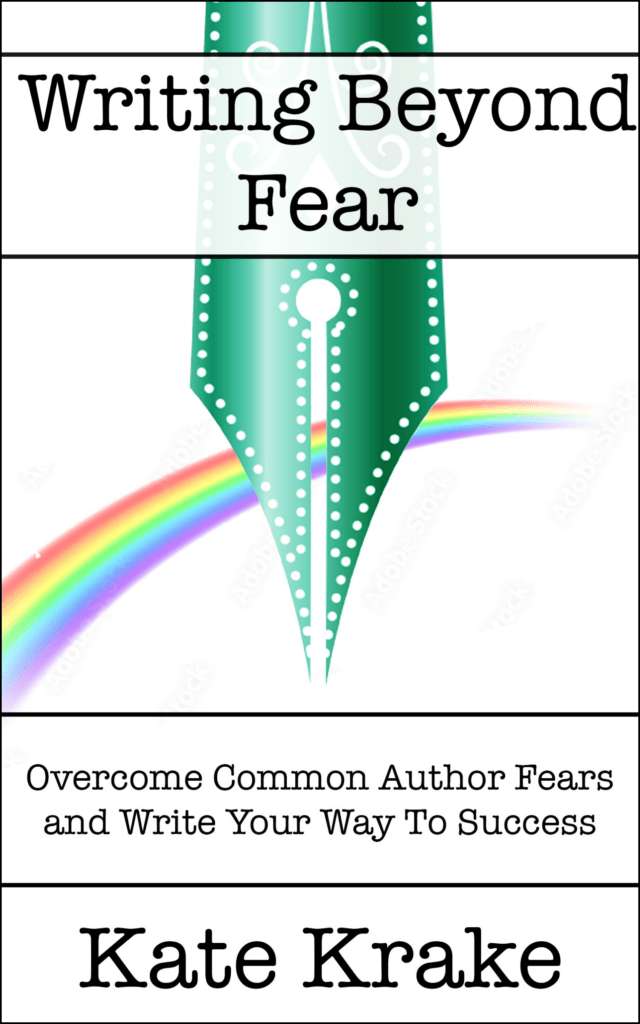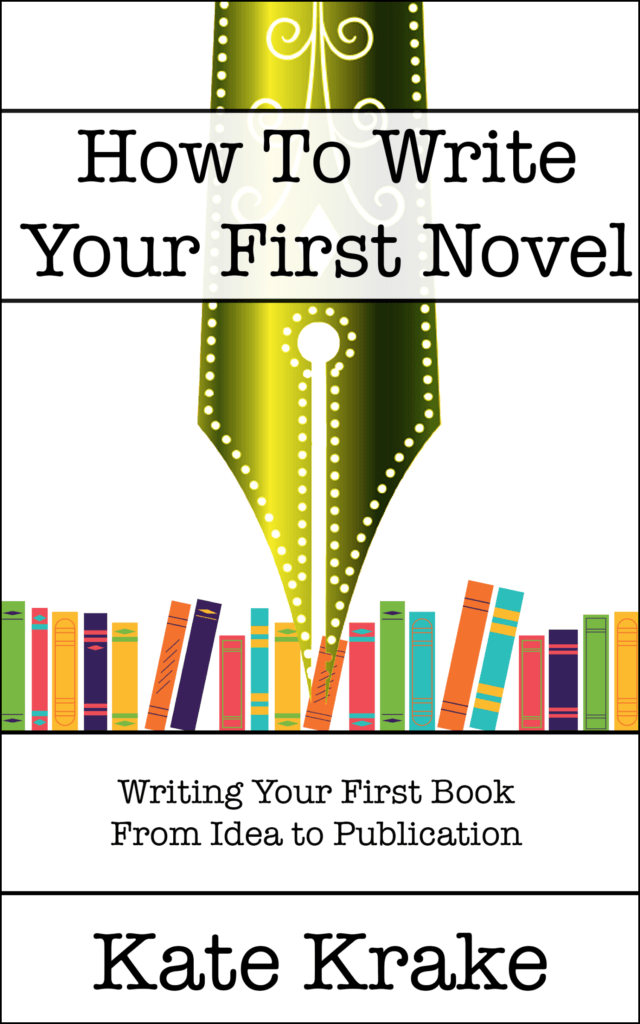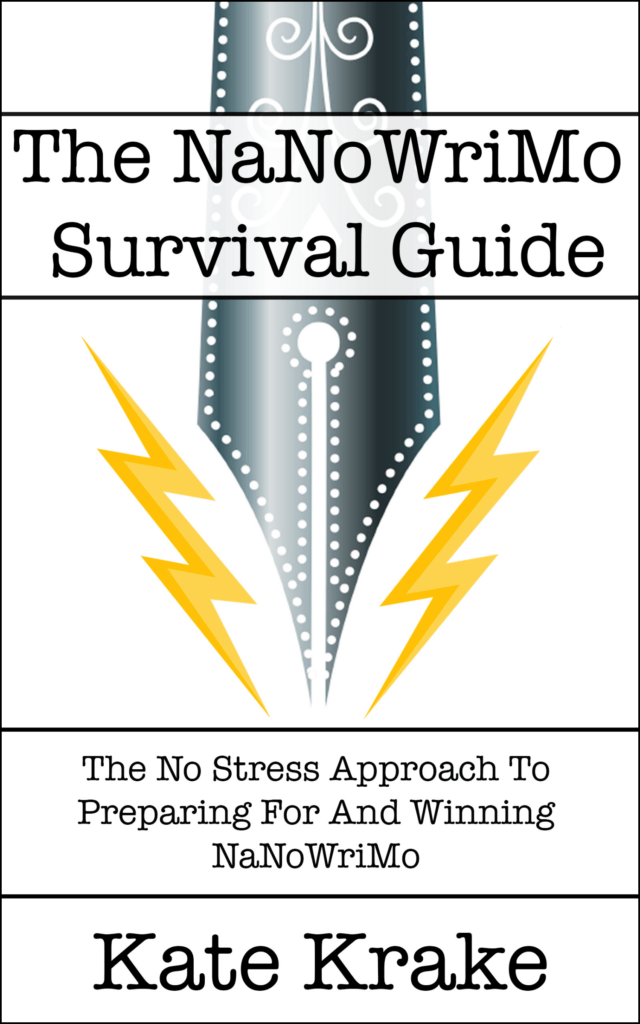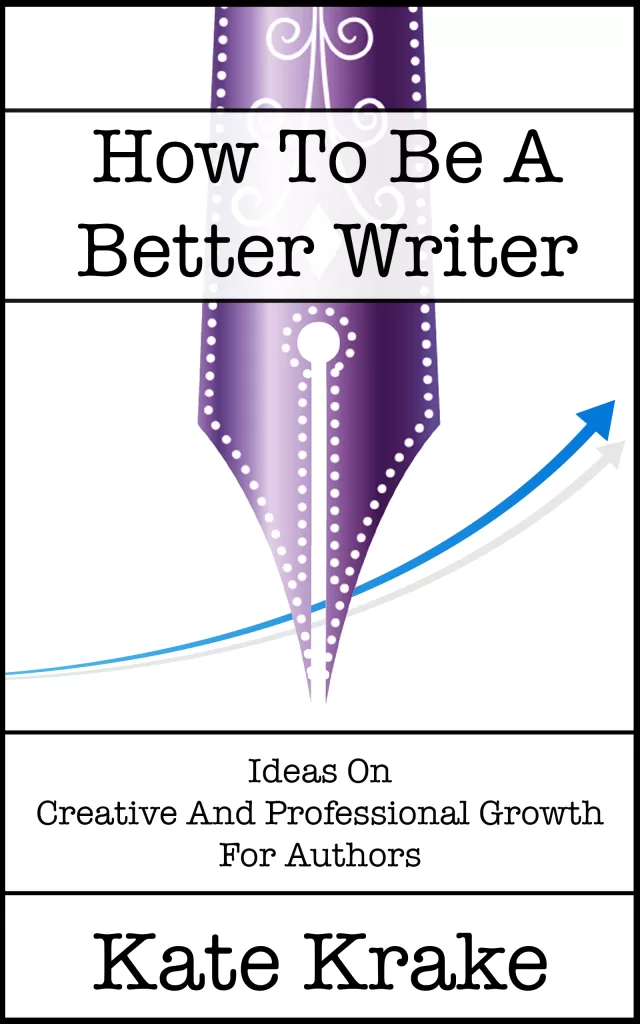“Write what you know.”
It’s one of the most common pieces of writing advice we hear.
Like so many of these snippets of pithy advice tossed around, there is an element of truth in this advice.
Writing what we know is easier. And easy is a good place to start for the beginning writer.
Write what you know asserts your authority.
It gives you the confidence to stand upon your ideas, and eliminates the all too common experience of writer’s imposter syndrome.
Writing from your personal knowledge bring a depth of emotional experience to your words that theoretical learning just can’t reach.
But if you only write from your experiences, what are you ever going to learn?
If you only write what you know, there is little space for your curious creative spirit to roam free and discover new and exciting landscapes.
If you only write about what you know, will you get bored? What happens when you’ve written about everything you know?
Write what you DON’T know is just as valuable advice.
But since it’s not an easy thing to do, we’re likely not going to hear it tossed around so freely.
Write what you’re curious about.
Write what you’d like to know.
Follow Ursula K. Le Guin’s advice, and expand you definition of what it is to “know” a thing.
I write about imaginary countries, alien societies on other planets, dragons, wizards, the Napa Valley in 22002. I know these things. I know them better than anybody else possibly could, so it’s my duty to testify about them. I got my knowledge of them, as I got whatever knowledge I have of the hearts and minds of human beings, through imagination working on observation.
Ursula K. LeGuin
Write what you can find out about.
Experience something new and then write about that.
Research. Read, watch, interview, listen, explore. Research on specific topics that you want to know about, or continue gathering information on anything that sparks your interest, and let it find its way into your writing organically.
Investigate.
Consider.
Inspect.
Speculate.
Write about what sparks that intuitive fire of interest and connection.
After all, it’s the case for many a writer that we only know what we know once we’ve written it down.






